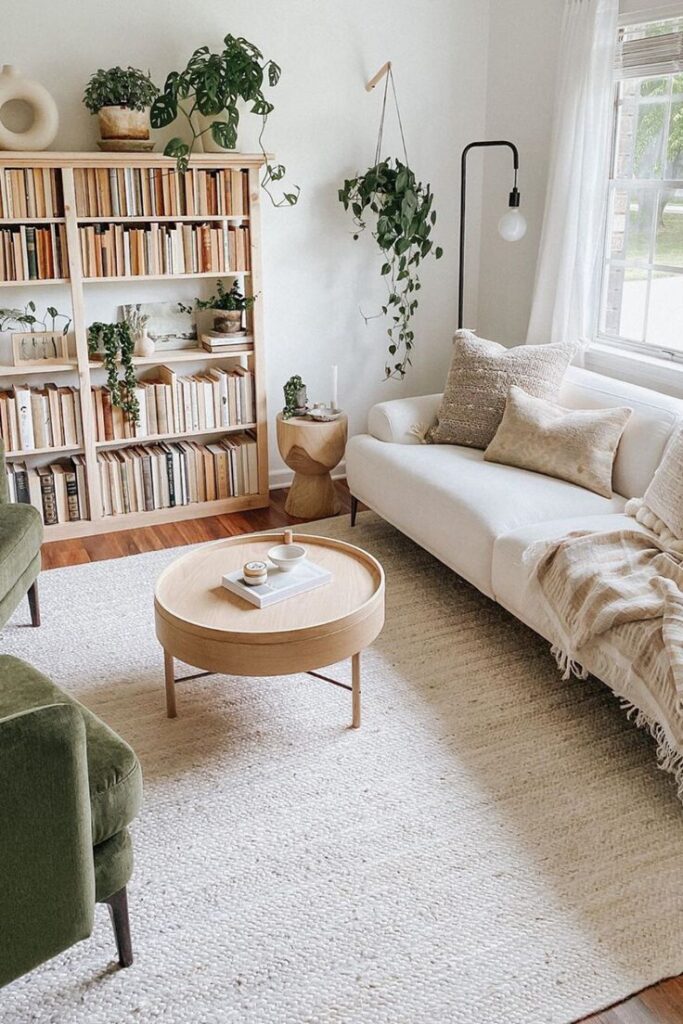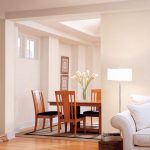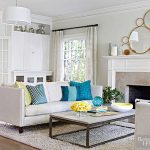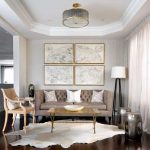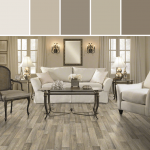Beige is usually considered Neutral living room colors Tones and can vary from light brown to taupe. Depending on the amount of pigment and the underlying toner, these colors can be either cold or warm. Beige with a yellow undertone is rather warm and creates an inviting atmosphere. Taupe with a blue undertone, on the other hand, tends to have a cooling effect on a room. One way to do this is by holding a paint chip or piece of cloth in direct sunlight. This gives an indication of the true color.
Black, white and gray
Black, white and gray have a neutral effect in the living room and convey a feeling of elegance and functionality. Even these colors can be strong and even slightly inviting. They offer many options when it comes to interior design. Black likely isn’t suitable for use with wall paints for most people, but it can be used as an effective neutrality in furniture, artwork, soft furniture, and even floors. In combination with red, orange, yellow or other strong colors, black stands out and is thoroughly modern.
Black can also take on a more romantic style when combined with pink, a retro look with turquoise, and finesse when combined with cream and brown. White is the universal neutral color. White is on the move with colors that cover many model houses and give them a crisp, clean look. All other colors go well with white. When white is used as an accent color, it is visually highlighted and creates energy. Remember to combine white with royal blues, burgundy or chocolate brown.
 goodworksfurniture Decoration and home design ideas
goodworksfurniture Decoration and home design ideas

